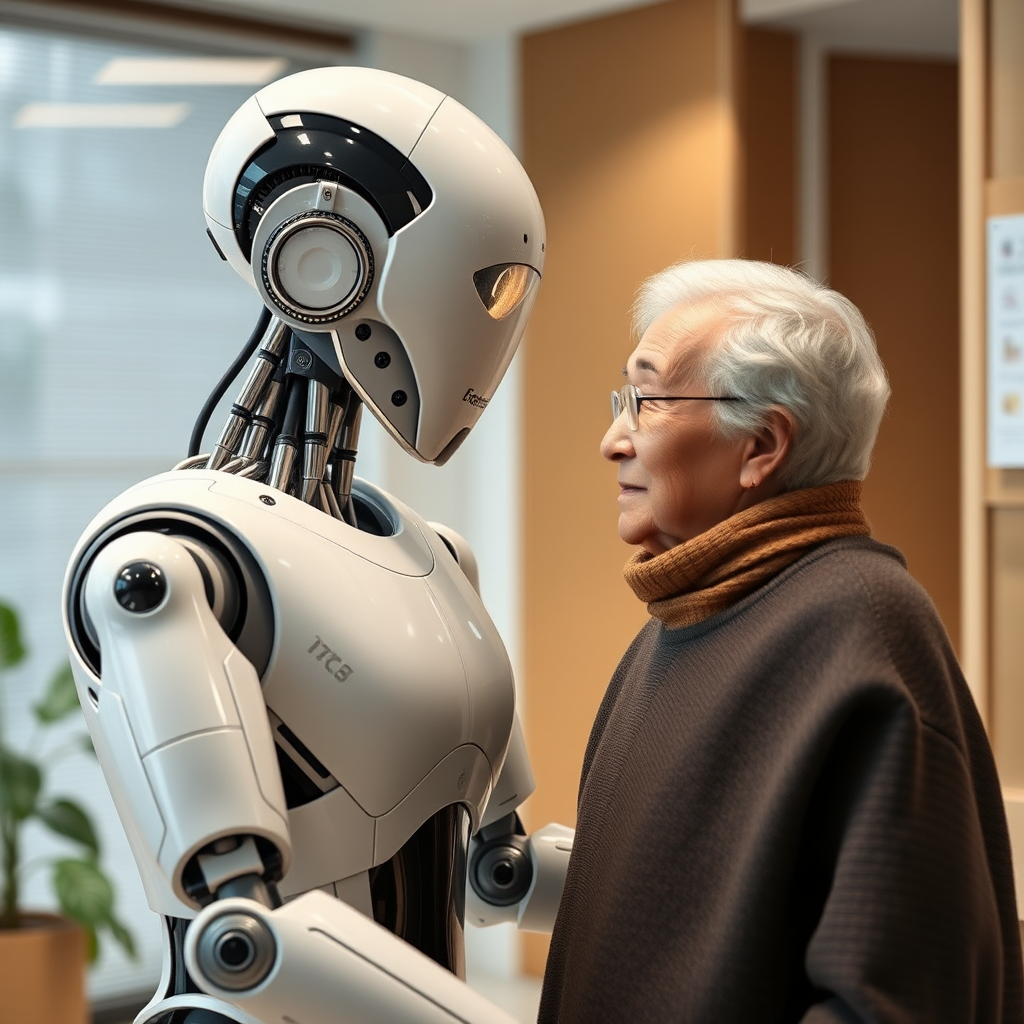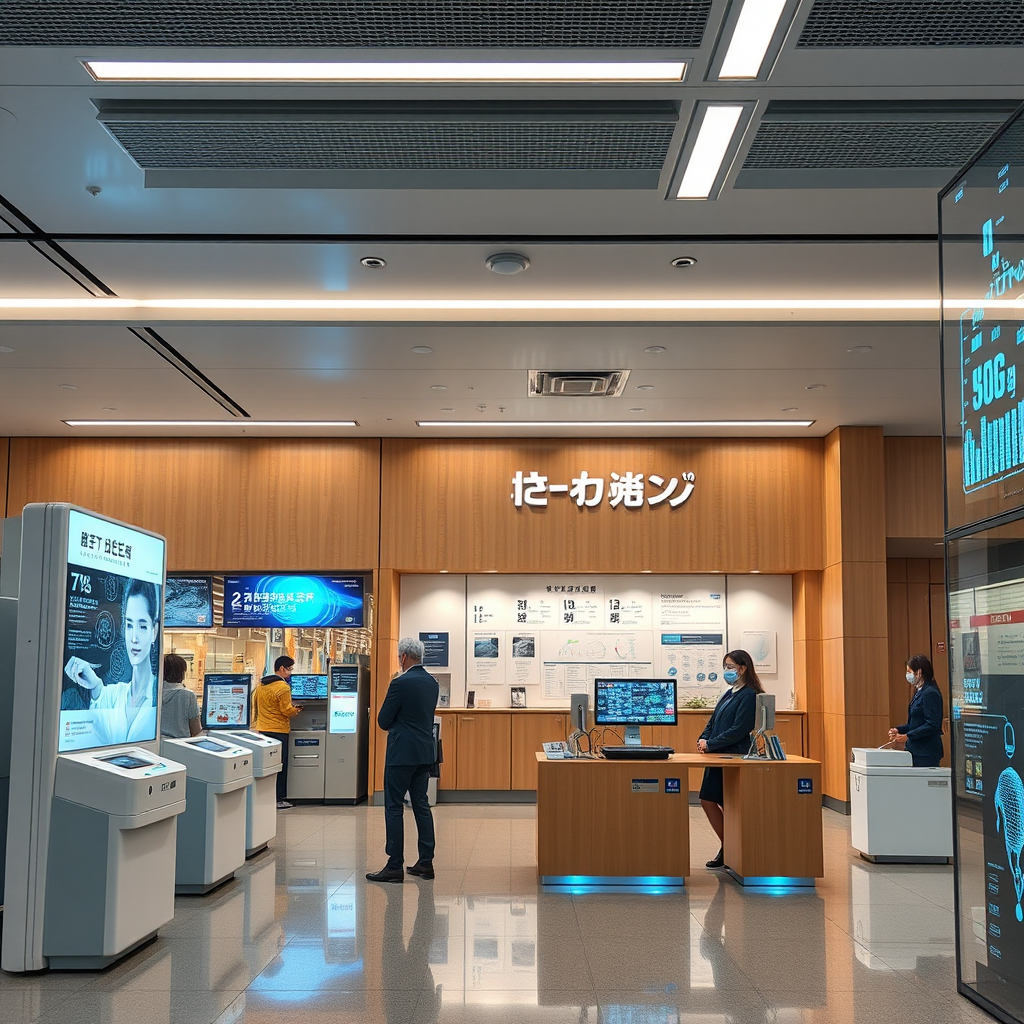Japan continues to lead the global AI revolution, with groundbreaking innovations emerging across multiple sectors. As we approach 2025, the convergence of robotics, smart infrastructure, and artificial intelligence is creating unprecedented opportunities for technological advancement.
Robotics Integration: Beyond Manufacturing
Japan's robotics industry is expanding far beyond traditional manufacturing applications. The latest AI models are enabling robots to perform complex tasks in healthcare, elderly care, and hospitality sectors. Companies like SoftBank and Honda are developing AI-powered humanoid robots that can understand natural language, recognize emotions, and adapt to human behavior patterns.

The integration of AI news today reveals that Japanese robotics companies are focusing on emotional intelligence and social interaction capabilities. These developments represent a significant shift from purely functional robots to companions that can provide psychological support and enhance quality of life.
Smart City Initiatives: Tokyo's Digital Transformation
Tokyo's smart city project is set to become a global benchmark for AI-driven urban management. The city is implementing comprehensive AI systems for traffic optimization, energy distribution, and public safety. Real-time data analysis powered by the latest AI models enables predictive maintenance of infrastructure and efficient resource allocation.
"Japan's approach to smart cities focuses on human-centric design, ensuring that AI technology enhances daily life while preserving cultural values and community connections."
Healthcare AI Revolution
The healthcare sector in Japan is experiencing rapid AI adoption, with diagnostic systems achieving remarkable accuracy rates. AI-powered medical imaging, drug discovery platforms, and personalized treatment recommendations are becoming standard practice in leading Japanese hospitals.

Machine learning algorithms are being trained on vast datasets of Japanese medical records, enabling more accurate diagnoses for the local population. This localized approach to AI development ensures better healthcare outcomes and addresses specific health challenges faced by Japanese society.
Automotive AI: The Next Generation
Japanese automotive giants Toyota, Honda, and Nissan are investing heavily in AI-driven autonomous vehicle technology. The focus extends beyond self-driving capabilities to include predictive maintenance, personalized driving experiences, and integration with smart city infrastructure.
- Advanced driver assistance systems with real-time hazard detection
- AI-powered vehicle-to-infrastructure communication
- Predictive maintenance algorithms reducing downtime
- Personalized in-vehicle AI assistants
Financial Technology and AI
Japan's financial sector is embracing AI for fraud detection, algorithmic trading, and customer service automation. Banks and fintech companies are developing sophisticated AI systems that can process transactions in real-time while maintaining the highest security standards.

Education and AI Learning Platforms
Educational institutions across Japan are implementing AI-powered learning platforms that adapt to individual student needs. These systems analyze learning patterns, identify knowledge gaps, and provide personalized curriculum recommendations.
The integration of AI in education is particularly significant in language learning, where natural language processing enables more effective communication practice and pronunciation correction for both Japanese and international students.
Environmental AI Solutions
Japan's commitment to environmental sustainability is being enhanced through AI applications in energy management, waste reduction, and climate monitoring. Smart grid systems powered by AI optimize energy distribution, while predictive models help anticipate and mitigate environmental challenges.
Key Insight
Japan's AI development strategy emphasizes collaboration between government, academia, and industry, creating a comprehensive ecosystem that accelerates innovation while ensuring ethical AI deployment.
Looking Ahead: 2025 and Beyond
As we move into 2025, Japan's AI landscape will continue evolving with increased focus on quantum computing integration, advanced neural networks, and cross-industry AI applications. The country's unique approach to balancing technological advancement with social responsibility positions it as a global leader in ethical AI development.
The convergence of AI news today with practical applications demonstrates Japan's commitment to creating technology that serves humanity while driving economic growth. From smart cities to healthcare innovations, the future of AI in Japan promises to deliver solutions that enhance quality of life while maintaining the country's cultural values and social harmony.

The latest AI models being developed in Japan are setting new standards for efficiency, accuracy, and human-AI collaboration. As these technologies mature and become more accessible, they will fundamentally transform how Japanese society works, learns, and lives.
Japan's journey into the AI future represents more than technological advancement—it embodies a vision of harmonious coexistence between human creativity and artificial intelligence, creating a blueprint for the rest of the world to follow.
